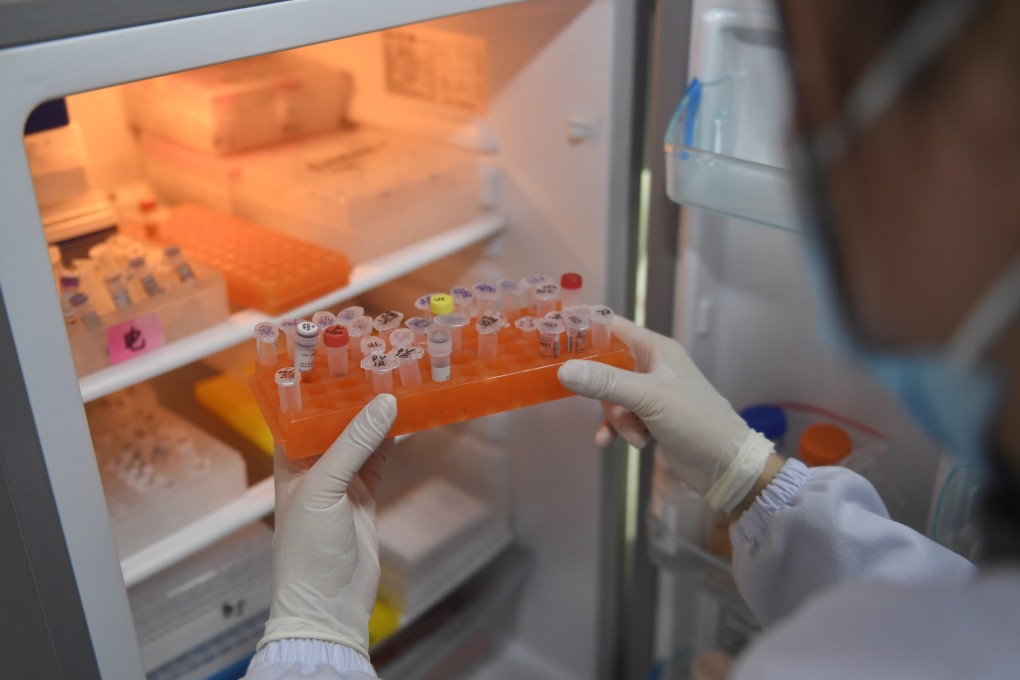Coronavirus still stumps experts on when human carrier turns infectious
- Identifying how long it takes before carriers start to spread the virus could prove key to curbing the spread of Covid-19
- Researchers are trying to determine whether it can be transmitted before carriers start to show symptoms

Global health experts are divided on whether the coronavirus outbreak has peaked or worse is to come, but a more fundamental problem for front-line hospitals and laboratories is identifying when a person carrying the virus becomes infectious to others.
Scientists say this could be a key to defeating the disease it causes, now officially known as Covid-19. In other words, knowing how it behaves allows for the development of counter strategies.
The ideal countermeasure is a vaccine, but because doctors are dealing with a previously unknown virus, infectious disease experts, including Professor John Nicholls from the University of Hong Kong, said it would take many months to develop and test a drug to fight it.
So scientists have focused on the incubation period of this virus – the length of time it takes between an individual being exposed to it and showing the pneumonia-like symptoms that characterise Covid-19.
The other question puzzling researchers is whether the virus can be transmitted before a carrier starts to show these symptoms.
A study published on Sunday by a team of Chinese researchers estimated the incubation period could last up to 24 days, much longer than the previous estimate of 14 days.
